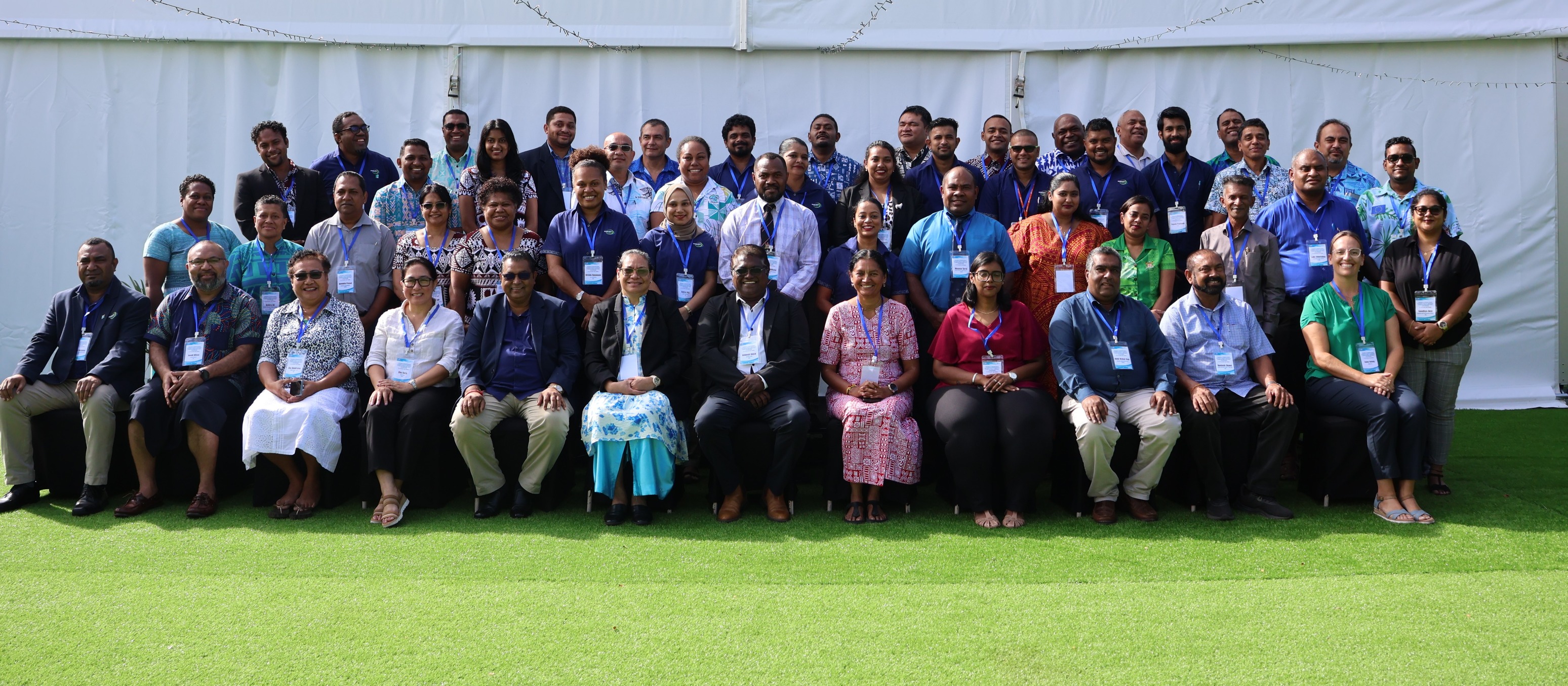FIJI MOVES TOWARDS INTEGRATED SURVEILLANCE FOR LEPTOSPIROSIS
July 21, 2025

Fiji is taking a major step towards strengthening its response to leptospirosis with the launch of a workshop focused on developing an integrated disease surveillance system for the country.
Speaking at the opening of the workshop in Nadi this morning, the Ministry of Agriculture and Waterways, Director of Animal Health and Production, Avinesh Dayal, highlighted the importance of a coordinated approach in tackling leptospirosis, a disease that continues to pose significant health and economic challenges in Fiji.
“This initiative brings together key players across human health, animal health, environmental health, academia, and local communities under the One Health umbrella,” said Mr. Dayal.
“Leptospirosis affects both people and livestock, and its increasing outbreaks—driven by climate change, urbanisation, and environmental degradation—demand a unified, multi-sectoral response.”
The five-day workshop, supported by the Pacific Community (SPC), the World Health Organization (WHO), the World Organisation for Animal Health (WOAH), and other national and international partners, aims to assess existing surveillance systems and design a harmonised blueprint for data sharing and disease reporting in Fiji.
“The Ministry of Agriculture and Waterways fully supports this One Health approach,” he added.
“Diseases like leptospirosis do not respect sectoral boundaries. Our surveillance systems must evolve beyond silos to protect our people, animals, and environment.”
Leptospirosis remains a significant public health concern in Fiji, with recent outbreaks highlighting the need for early detection and rapid response systems. The outcomes of this workshop are expected to lay the groundwork for a more resilient and integrated zoonotic disease surveillance framework in the country.
“This workshop is not just another meeting. It represents a turning point in how we work together to address shared health challenges,” added Mr. Dayal.
The Ministry reaffirmed its commitment to working with all stakeholders to strengthen diagnostics, enhance disease surveillance, and safeguard both human and animal health in Fiji.
ENDS
